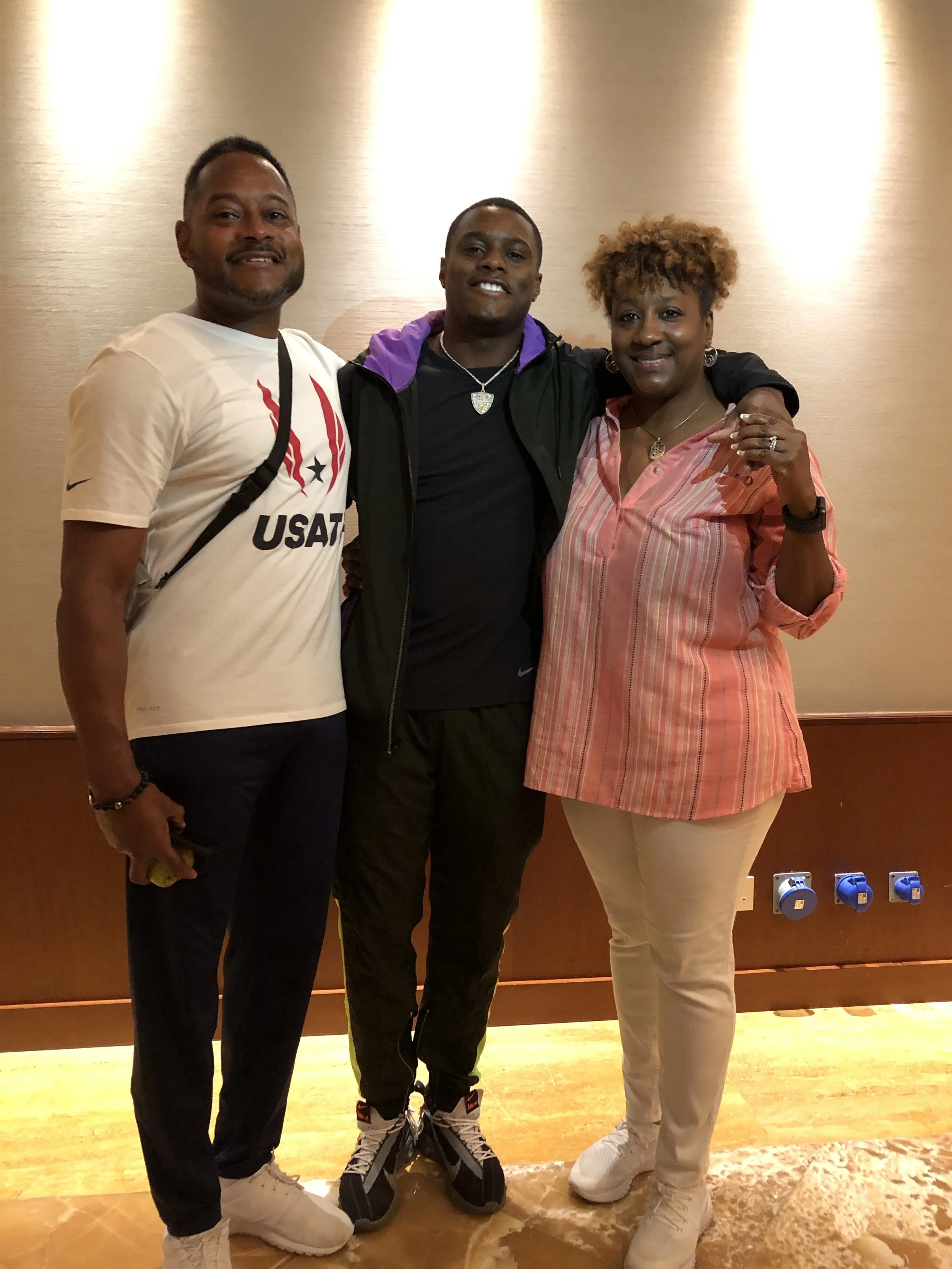Erriyon Knighton, second in the men’s 200 meters at last year’s Budapest world championships, had not run since March 30. Odd for an Olympic year. On Wednesday, it was made clear why: he had been provisionally suspended April 12 after testing positive for the steroid trenbolone.
Cattle ranchers use the stuff to make animals bigger, and on Wednesday an arbitrator cleared Knighton of doping, ruling he had ingested contaminated meat. Knighton is now free to run in the 200 at the U.S. Trials in Eugene, the heats beginning next Thursday.
At first blush, it is tempting to lump Knighton in with a bunch of other American track and field athletes who also got off, and, if you were the Chinese authorities, or for that matter, following the situation from anywhere, looking at what’s what in the United States and saying, WTF – is there one set of rules for 🇺🇸 and another set of rules for everyone else?










